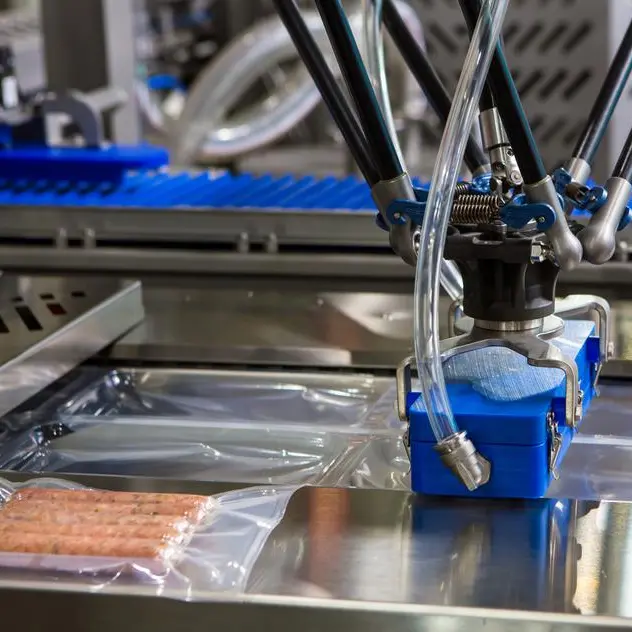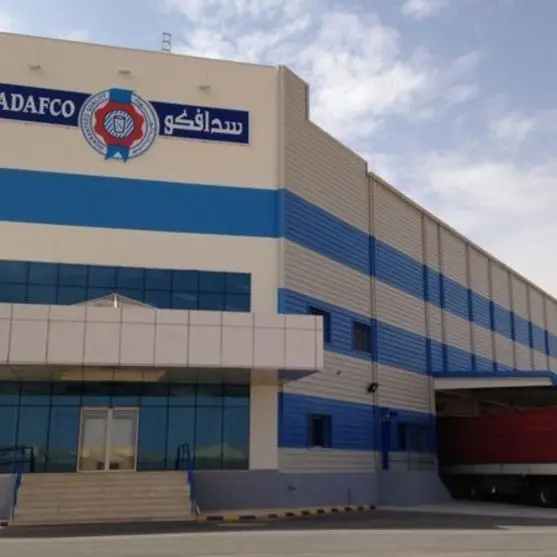PHOTO
CAIRO - A Palestinian businessman displaced by the war in Gaza is bringing a taste of home for fellow refugees with a Shawarma restaurant he has opened in Cairo.
"The Restaurant of Rimal Neighbourhood" offers Shawarma, a Middle Eastern dish of thinly-sliced meat, and other Palestinian and Arab dishes.
"The name comes to eternalize Rimal, my neighborhood, and to eternalize my homeland too," said Basem Abu Al-Awn.
"It is also to replace the restaurant I once had in Gaza. Two restaurants of mine, in addition to my house and the houses of my relatives, were destroyed," he said.
Abu Al-Awn hopes his time outside Gaza will be temporary and he is determined to return to the enclave once the war between Israel and Hamas is over.
"I will return, even if I have to set up a tent near to the rubble of my house. We are going back to Gaza and we will rebuild it," he told Reuters.
Rimal was Gaza City's busiest shopping center, with large malls and main bank offices before Israeli forces reduced most of it to rubble. It was also home to Gaza's most famous Shawarma places.
"The taste is the same, people tell us it tastes as if they are eating it in Gaza," said Ahmed Awad, the new restaurant's manager.
"The Egyptians who get to try our place keep coming back. They tell us the taste is nice and is different from the Shawarma they usually get," Awad said.
Gaza Shawarma spices are unique and scarce in Cairo, so credit goes to Awad's father, who mixes those available to give the dish a special Palestinian taste.
Many thousands of Palestinians have arrived in Gaza since the war began last October. More than 34,000 Palestinians have been killed by an Israeli offensive that has also turned much of the territory to wasteland, according to Gaza health officials.
About 1,200 Israelis were killed in the Hamas attack that triggered the conflict, according to Israeli figures.
Awad, his wife, and four children arrived in Cairo three months ago. In Gaza, he used to work in restaurants specializing in oriental and Western dishes.
With an end to the war looking like a distant prospect, Awad urged Palestinians not to give up.
"I advise them to work, and take care of their lives, their houses and everything may have gone but no problem, it will come back again," he said. "Once things are resolved we will return home, work there, and rebuild our country."
Palestinians now stranded in Cairo include businessmen, students and ordinary families who say they seek some kind of temporary legal residency to pursue investment and study plans until a ceasefire is in place.
Palestinian and Egyptian leaders reject the permanent settlement of Palestinians outside their land.
Om Moaz, from Rafah in the southern Gaza Strip, had been struggling to pay for a rented house and treatment for her husband and daughter in Cairo. She began working from home, offering Palestinian food through social media.
She found there was a strong demand from both Egyptians and Palestinians.
"Some were in the war and came to Egypt. So they started ordering my food. And thank God, it's a successful business and hopefully, it continues," she said.
(Reporting by Nidal al-Mughrabi and Farah Saafan, Writing by Nidal al-Mughrabi, Editing by Angus MacSwan)





















